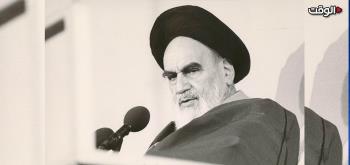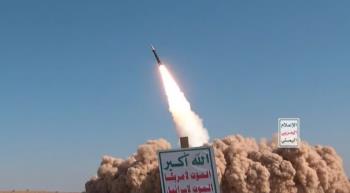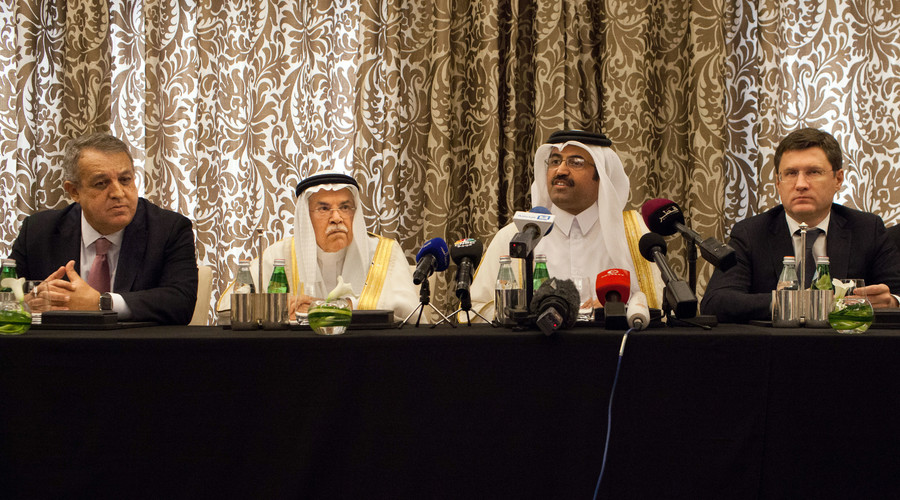Alwaght- OPECS' Arab-members, particularly Saudi Arabia, sabotaged two months of negotiations to strike a deal on oil production freeze.
18 OPEC and non-OPEC oil nations gathered in the Qatar's capital, Doha, to reach an agreement on stabilizing oil output at January levels until October 2016. The only OPEC member oil producer state who did not attain Doha talks was Iran.
Following the termination of nuclear sanctions, Iran announced it will ramp up oil production to pre-sanction level, namely 4.2 million barrels a day.
Russia’s energy minister Alexander Novak, in a press conference held after 12-hour Doha talks, said that the 11 OPEC states and seven outsiders had spent two months drafting an agreement that would cap oil production at January levels, to avoid a further price collapse.
"Some OPEC countries decided to change their terms at the last moment, trying to get concessions from countries that are not here. We were insisting on trying to concentrate on the countries which are," Novak explained.
Saudi Arabia was reportedly pushing for Iran to also limit its own production, which is yet far behind its market share.
When asked to specify which countries pushed for Iran to be included in the deal other than Saudi Arabia, Novak mentioned Qatar, UAE, and “predominantly other Gulf States.”
Novak said that the summit “did not meet expectations… when you have a deal ready, and then you go back to having heated discussions."
Refuting Persian Gulf monarchies claim who painted Iran as the reason behing talks' failure, Russian energy minister said "How can Iran be the reason for the talks’ failure, when it wasn’t even here?”. He argued “We believe that the presence of countries responsible for 75 percent of the world’s output here was sufficient."



























